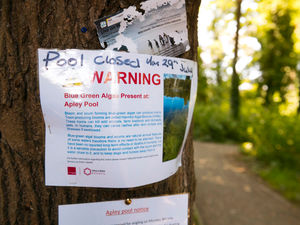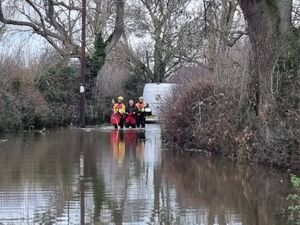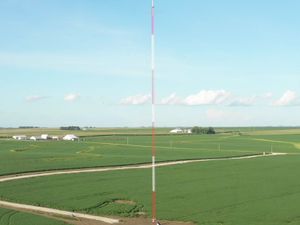Warning after blue-green algae outbreak - what is it, why is it harmful and how to keep your dog safe
As temperatures rise across the UK this summer, taking a dip in a lake may sound like the ideal way to cool off for you and your pet, however, the UK has seen outbreaks of blue-green algae which can be harmful to humans and fatal to your dog.






